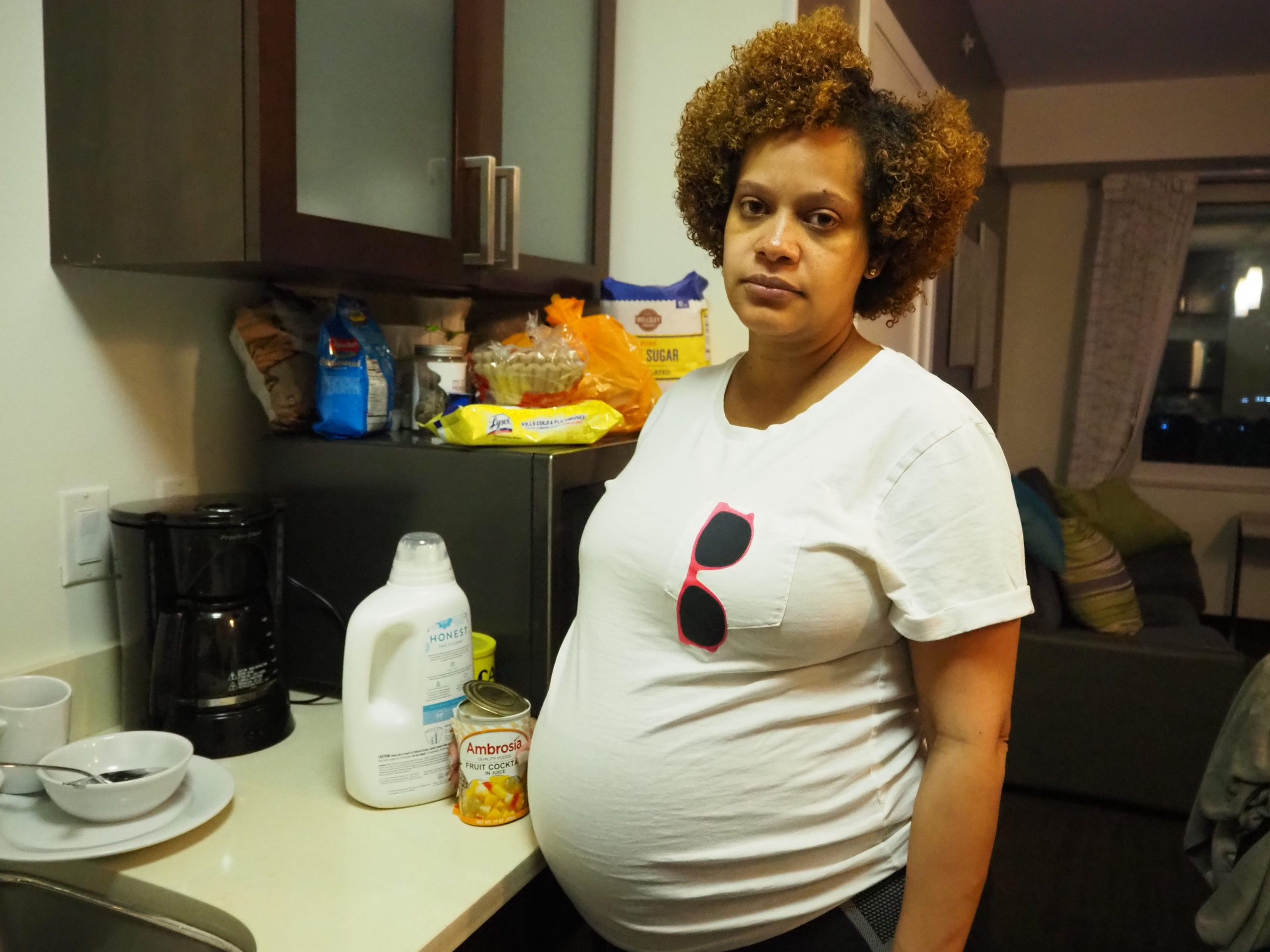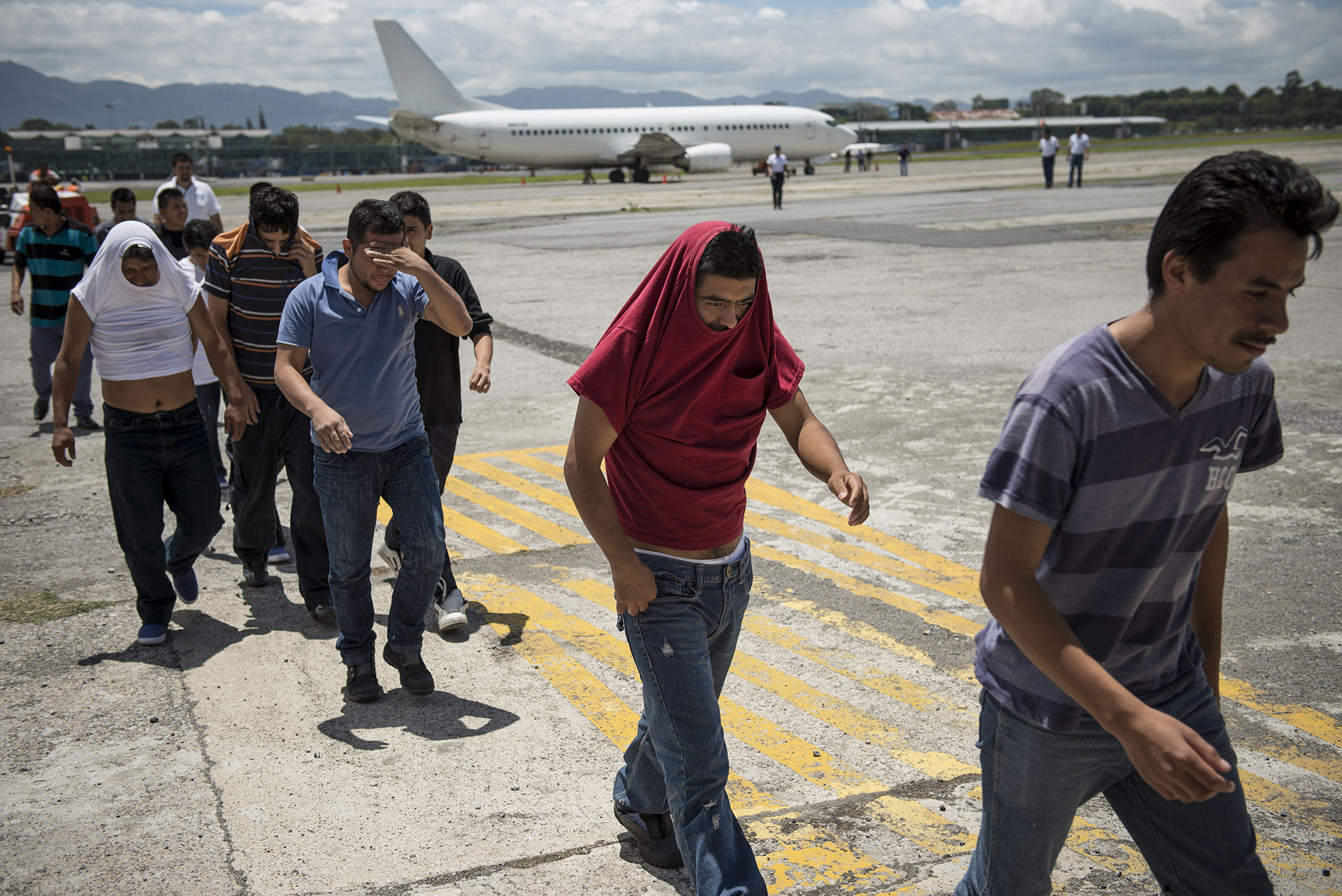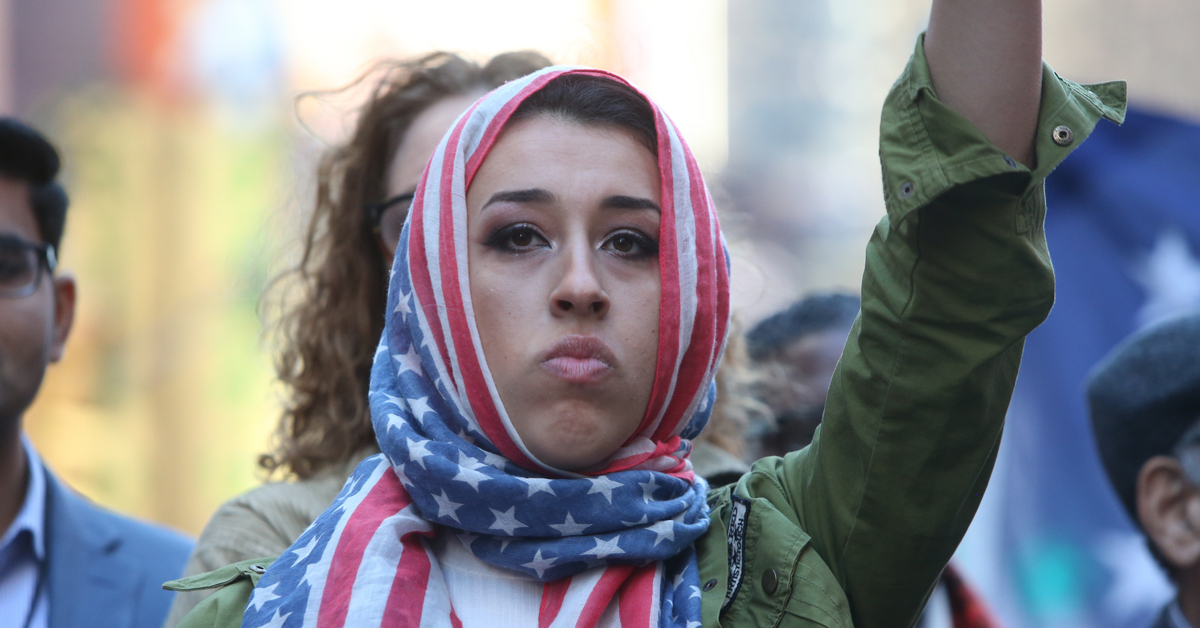This story was updated Monday, March 14 to include a comment from BronxWorks
After Yadhira Rodriguez, her husband and two sons, lost their home in the Twin Parks fire in the Bronx on January 9, they found themselves in a bedbug-infested room at a Rodeway Inn hotel. The whole family was forced to share a single mattress. They had just survived a 9-alarm fire which had killed 17 of their neighbors, and they were sent to shelter by the New York City Department of Housing Preservation and Development (HPD).
Rodriguez and her son had been trapped in their apartment by the smoke and were saved by the fire department when her son smashed one of their windows. At night, in the motel, she lay in bed replaying her neighbor’s desperate pleas for help as the building burned, unable to get the screams out of her head.
“Every time I think about my neighbors screaming for help it’s like a stab in my heart,” she said.
How We Covered It: Bronx Fire Survivors Slowly Piece Together Their Lives
In the days after the Bronx fire, once the smoke had dissipated and the magnitude of the tragedy became clear, it appeared that the City would act quickly to help the displaced victims. The City, along with non-profits such as BronxWorks, mobilized to support the former tenants of Twin Parks. The Mayor’s office was able to raise over $2.5 million for the former tenants. Celebrities such as Cardi B paid for the victims’ funerals.
Following several uncomfortable weeks at the Rodeway Inn, a community leader was able to petition the owner of the Twin Parks building to transfer the former tenants to a cleaner, safer hotel. Rodriguez was optimistic about the future.
But two months after the Bronx fire, the Mayor’s office has distributed just $265,500 to the families, alongside providing meals. For Rodriguez and many others, their allotment of $2,250 is not nearly enough to start rebuilding their lives.
“The Mayor’s Fund has millions in undistributed money for Bronx fire families, yet we don’t know where that money is going,” said Ariadna Phillips, the founder of South Bronx Mutual Aid. “The fund has no accountability and has zero transparency.”
Now, the families are faced with a difficult choice: return to the smoke-damaged homes or to move into another New York City Department of Housing Preservation and Development (HPD) contracted hotel.
“We have to leave because I can’t pay for [a hotel] and nobody wants to pay for it,” Rodriguez said. “That’s been one of the worst parts of this because you don’t know where you going when you’re going. You don’t have any power to do anything.”
A new home after the Bronx fire
The Rodriguez family was still reeling from the Bronx fire when they arrived at the Rodeway Inn. Yadhira Rodriguez was seven months pregnant at the time and was forced to share a single mattress with her husband and two children. After several weeks there, they were desperate to leave.
She, along with another family, contacted Tusha Diaz, a community volunteer who they had met the day of the who was working with the City. Diaz was able to mediate on their behalf and, on February 5th, successfully convinced the building’s landlord to pay to move the family into the more hospitable Residence Inn by Marriott in Eastchester on an emergency basis.
At the Residence Inn, they had two bedrooms and a kitchen. The hotel is also a stone’s throw away from Montefiore Medical Center, where Rodriguez plans to have her baby and where she needs to frequently visit to prevent any complications with her pregnancy.
Given her precarious health condition, Rodriguez can’t understand why the City won’t permit her to stay at the Residence Inn. Although her family was able to survive the Bronx fire, Rodriguez is uncertain her family could survive the bureaucratic maze they have become entangled in. She also refuses to be transferred to another motel.
“They can’t guarantee me that I won’t have to deal with the same thing. Plus, it’s far for my son to go to school, far from my hospital and it’s only a one-room facility.”

The City’s response
In the aftermath of the Twin Parks catastrophe, 161 adults and 57 children, a majority of which are immigrants, received emergency housing in six hotels. According to HPD, the agency is paying for four, and the building’s landlord, a trio of investment groups, is paying for two others. As Documented has previously reported, nearly two months after the fire, tenants such as Rodriguez, who are struggling to pick up the pieces of their shattered lives, are criticizing the City for not providing enough resources to help them, including the fund it raised in their name.
With 24,429 structural fires occurring across the five boroughs last year, the majority of which happen in immigrant neighborhoods, and fire fatalities increasing by 16 percent, the City’s emergency housing response has been called into question by both victims and community advocates. Often, families are temporarily housed in hourly motels that, according to HPD, cost $140 to $320 a night. Climate change only serves to exacerbate the problem, as was the case of the survivors of Hurricane Irma, who faced eviction from an HPD founded motel.
Also Read: Hurricane Ida Victims are Facing Eviction Again
With millions of dollars worth of donations pouring into The Mayor’s Fund to Advance New York to help the displaced tenants, survivors are left wondering how those donations are being spent. In the days after the Bronx fire, Mayor Adams announced that 100 percent of the donations raised by the fund would go directly to the families. During the course of the following weeks, celebrities like Fat Joe and Cardi B partnered with the fund to raise thousands of dollars for the victims. According to the Mayor’s office, the fund was able to raise well over $2.5 million so far.
Although the Rodriguez family received the $2,250 from the City, they claim that money was not nearly enough to cover their expenses or alleviate their housing conditions. They also claim that was all that they received from the fund and want to know what happened to the rest of the money that has been raised.
“We need cash now, not a gift card,” says Rodriguez. “Of all the money that was raised from all these people like Fat Joe, how come we have not seen it?”
“It was like a ball of fire”
On the day of the fire, Rodriguez, who was alone with her 13-year-old son, had heard the alarm but didn’t pay much attention to it. The fire alarm went off nearly every day since January 1. Plumes of thick, black smoke began to rapidly flood her apartment. In a panic, she ran to the windows only to see even more smoke.
“I’m looking outside, and I see on the side, all the smoke and it was like a ball of fire,” she said. “I was thinking my life was over.”
As Rodriguez and her son discussed what to do next, they began to hear screams reverberating throughout the hallways of their neighbors begging for help. The smoke quickly became so thick that they could barely see. In desperation, her son smashed the window. Firefighters were then able to rescue her and her son out of the window, but she can’t shake off the feeling of survivor’s guilt she now carries with her, especially when she sees her neighbor, whose family was not as lucky.
“All I can do is hug her because one of her daughters passed while she was trying to save her little sister,” she said.
Still, for Rodriguez, the fire was only the beginning of her troubles. For nearly three weeks, Rodriguez’s family was housed by the Red Cross in the Rodeway Inn and was given a case manager via BronxWorks, a community-based organization contracted by the state to assist the fire victims.
However, the hotel room they were staying in was hardly big enough to shelter the family of four. They barely had any room for their belongings and were forced to store some of their things outside their door. The room didn’t have a kitchen, forcing them to spend money on junk food outside. Rodriguez was forced to throw out most of their clothes when they became infested with bedbugs from the room.

When she complained to her caseworker at BronxWorks and asked to be moved to a new hotel, she was told that they could not move her.
“My caseworker told me they can’t be responsible for paying for another hotel”, she said. “Then she told me that they want all the families in the same building to provide better services. I said, ‘What services?’”
Just a few blocks away at the Alden Hotel, 52-year old Jessica Gonzalez, and her 21-year-old daughter, Stephanie Gonzalez, who both wished to have their names changed to protect their anonymity, have also dealt with similar conditions after they were relocated there when their apartment was destroyed due to the Bronx fire. Jessica, who is diabetic and suffering from kidney problems, has begged nearly every elected official for help but her pleas have not been answered. Meanwhile, the stress has only aggravated her condition. For the past two weeks, she has had blood in her urine.
“I told every official about the conditions at the hotel, including the Borough President, I showed them photos, and nobody did anything,” she said.
When she contacted BronxWorks for help, Jessica says her concerns were completely ignored.
“A BronxWorks case worker has treated me terribly,” she says. “They barely pick up the phone and they send me to voicemail.”
Responding to Documented’s requests for comment, BronxWorks PR representative, Sophie Crumpacker, wanted to stress that the organization was not involved in any of the hotel or housing placements for families nor have they received any monetary funds that were raised for the families by other public entities.
“BronxWorks was contracted by the state to provide ongoing case management services to families affected by the fire, including helping families secure household necessities with state funds; connecting residents to medical and mental health services, and providing benefits application support to help families rebuild their lives after this devastating event,” she said in a statement. “A separate organization was contracted to provide housing services.”
In the first week of February, both the Rodriguez family and the Gonzales family were contacted by Tusha Diaz, president of Latino Muslims of New York and a member of Mayor Eric Adam’s transition committee, who was able to have both families moved into the more livable Residence Inn at the Twin Parks’ landlords expense. The families assumed that the City had approved the move, but came to learn on February 10th, that they were locked out of their rooms. Only after they contacted South Bronx Mutual Aid (SBMA) for help were they able to return to their rooms.
Ariadna Phillips, the founder of SBMA, rushed to the hotel and paid for additional nights for them out of pocket as a short-term measure while they worked towards getting the City to allow them to stay.
How We Covered It: ‘Not Happening in White Communities’: The Data Behind NYC Fires
“They were out in the lobby when I got here and they looked so tired,” she said. “It’s absolutely wrong that the survivors of the fire are being treated like this.”
When they got access to the bill they learned that the city was not paying for the hotel, but rather it was the landlord. Rodriguez tried calling elected and city officials, so that they could be officially transferred to the Residence Inn only to be told by Andrew Kunkes, Emergency Relief Coordinator at New York City Mayor’s Community Affairs Unit, that they could not accommodate them. Kunkes declined to comment on this story.
Tusha Diaz says that she has been working hard to convince city officials to allow the families to stay at the Residence Inn, given their health and living circumstances, but has found few willing to help.
“The woman has a high-risk pregnancy and the hotel is a lot cheaper than the one they were in before or the one they want to send them to,” she said. “When they told me they had bed bugs in the hotel, I tried to reach out to as many people as I could, but nobody wanted to help.”
Reflecting on the family’s situation, Diaz expresses genuine regret at not being able to do more.
“It’s a really good hotel. It’s clean, it’s comfortable,” she said. “It’s right across the street from the hospital where she needs to be treated. I would say the same thing, let them stay there but it’s not up to me.”
In response to Documented’s request for comment, a City Hall spokesperson declined to discuss the specifics of the two families’ situation, instead, pointing out how hard they are working to address the town Parks survivor’s needs.
“The Mayor’s Fund is working with various community-based organizations and city agencies to assess the needs of those impacted and determine how best to support them in the medium- and long-term with funds raised,” they said.
Jeremy House, Press Secretary for HPD, stressed that all of the families currently receiving emergency housing assistance via the hotels will continue to receive assistance until, at least, the end of the month and that HPD will continue to provide long-term support to the families in need.
“The City has been, is, and will continue making every possible resource available to support these families through this painful time,” he said. “We have ensured that the families will have more time in their hotels and we are working closely with our public, private, and nonprofit partners to identify permanent housing for any family who does not wish to return to Twin Parks.”
House also stated that tenants displaced by the fire would receive priority placement at La Central, a new affordable housing development located nearby. However, according to La Central’s website, as of 2019, the 992 unit complex is only offering 63 affordable studio apartments, with a promise that once the development is completed, it will offer “160 supportive and affordable apartments for a mix of formerly homeless individuals with special needs and low-income working New Yorkers.” It’s unclear if the 63 studios are included in the 160 figure. The rest of the units will be market rate.
Nevertheless, Phillips, from SBMA, believes that the City is not doing everything it can when it comes to helping the surviving families. In particular, she points out that very little of the donations to The Mayor’s Fund to Advance New York for the fire victims have trickled down to the families.
Since being forced out of the Residence Inn on February 14th, both the Gonzalez and the Rodriguez families have stayed at an Airbnb funded by donations from the SMUA and the Gambian Youth Organization. Stephanie Gonzalez is appalled by the City’s inability to help alleviate their plight and giving them no other choice but to rely on the generosity of private citizens.
补偿终止但盗窃不止!纽约近9千起粮食券被盗案难获赔
“We shouldn’t be only dependent on donations,” she said. “New York City has to have a fund, it has to have something for emergencies. Don’t tell me otherwise.”
“I have dealt with financial struggles but I have never been in such conditions”, she says. “We are bumps in the street. That’s how they are treating us.”
As for Rodriguez, the chaotic living situation has not been good for her pregnancy.
“I’ve been sick and I keep throwing up,” she said. “My doctor says it’s not normal. It’s the outside food I keep eating. Sometimes, I’m so scared, I don’t even eat throughout the day.”















